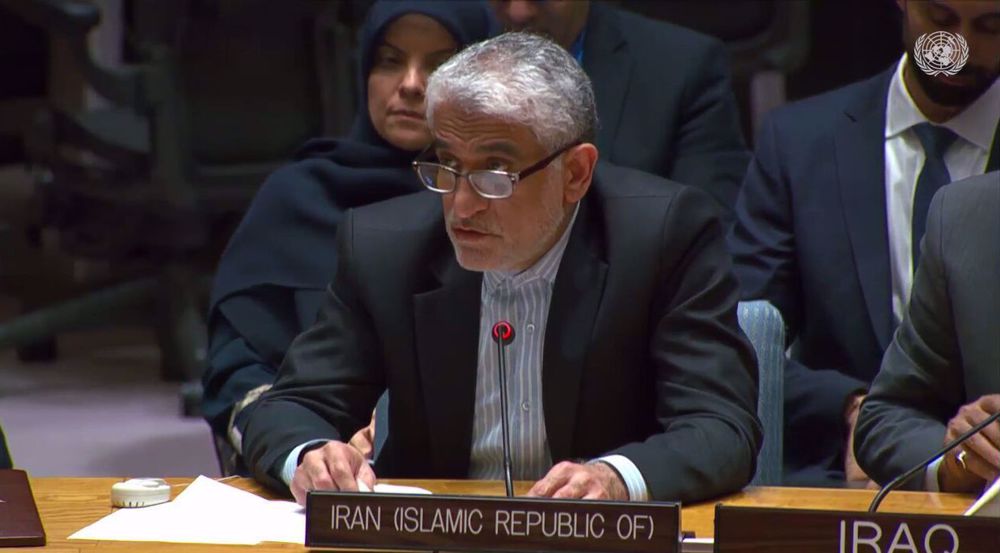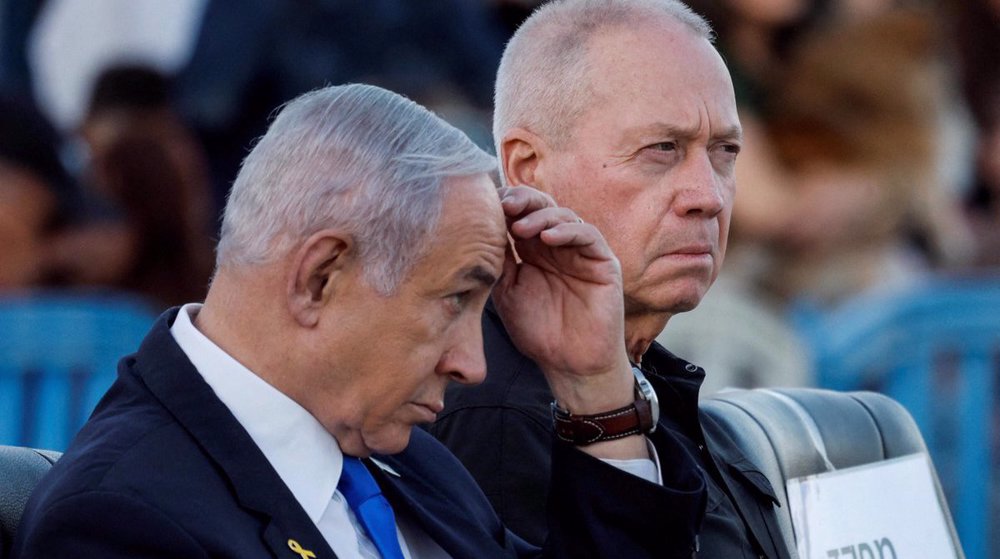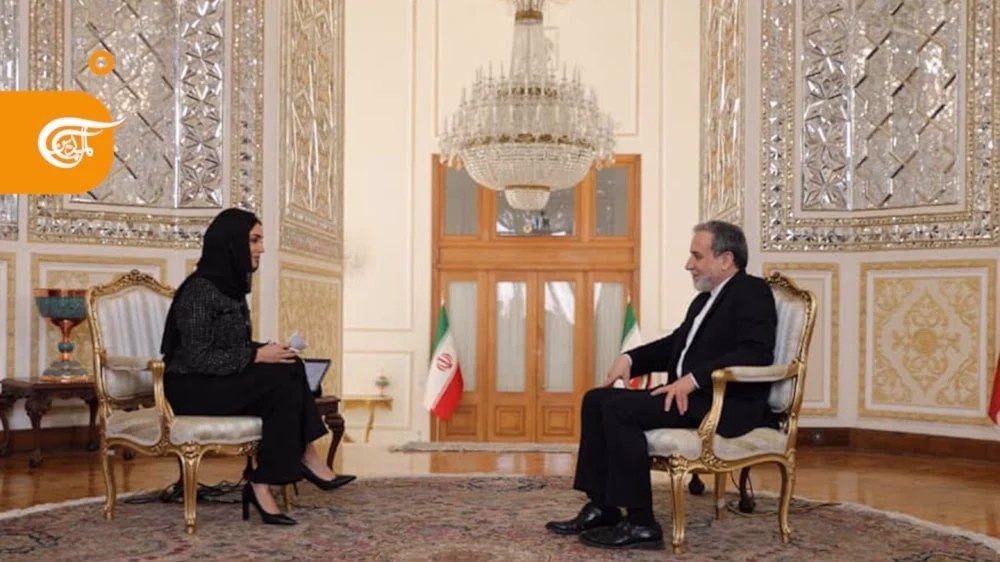Iran’s Zarif urges cultural war on terror
Iranian Foreign Minister Mohammad Javad Zarif says there is a need to wage a cultural war on terror instead of merely taking a military approach to the scourge.
Speaking at the Peking University in the Chinese capital on Tuesday, the top Iranian diplomat said the military approach was not the perfect means of fighting terrorism.
“The military approach is not the ultimate approach to resolving extremism, and toward that end, cultural and university programs must be tapped to degrade and destroy this phenomenon,” Foreign Minister Zarif was quoted by IRNA as saying.
The United States has formed and been leading a coalition of Western and non-Western countries that have pooled their military resources to bombard purported Daesh positions in Syria and Iraq. The aerial campaign has done little to dislodge the terrorists.
The Islamic Republic has, while giving advisory military assistance to the countries gripped by Daesh militancy, been urging the world to adopt a unified stance toward fighting the root causes of terrorism.
In 2013, Iranian President Hassan Rouhani proposed the contours of an international effort against extremism in a speech at the United Nations General Assembly. That proposal, known as a World Against Violence and Extremism (WAVE), was drafted and tabled in the form of a resolution at the General Assembly, which adopted the text in December 2013.
Among other provisions, the resolution “encourages the efforts of leaders to discuss within their communities the causes of violent extremism and discrimination and to evolve strategies to address these causes.”

In his Tuesday speech, Zarif said the main cause of extremism and terrorism is “feelings of hate, desperation, and dissatisfaction that occupation has brought to nations.”
He said hegemonic powers harbored wrong perceptions of world politics, including that a country can achieve something only at the expense of other states.
The pursuance of zero-sum games, Zarif said, manifested itself in the occupation of Afghanistan and Iraq by US-led military forces.
“Can we now say that America is safer because of the occupation of Afghanistan and Iraq?” he asked. “That is not the case, and this is a wrong perception.”
He said Iran practically demonstrated the notion of “win-win” solutions for global issues by engaging in negotiations with six countries over its nuclear program.
Turning to Syria, he said, “If there is an insistence on a particular person’s departure from the country’s presidency, well, he has his own supporters, and that is true of the opposition, too.”
“We must have a global network with shared interests and mutual cooperation, [a network of countries] that would acknowledge the reality that we are all in the same boat and have to endeavor together to solve problems,” the Iranian foreign minister said.
Zarif has traveled to Beijing at the head of a high-ranking politico-economic delegation, and will depart for the Japanese capital after China. He had visited India on the first leg of his Asia tour.
US vetoing of Gaza ceasefire resolution ‘disgraceful’: Iran’s UN envoy
VIDEO | IAEA adopts anti-Iran resolution tabled by E3
VIDEO | Iran's president urges Pope to help end Israel's onslaught in Gaza
Iran's senior legal official: ICC arrest warrant for Netanyahu ‘great victory'
Nov. 21: ‘Axis of Resistance’ operations against Israeli occupation
VIDEO | Israeli forces storm West Bank’s Jenin again, target civilians
Iran activates advanced centrifuges after IAEA's 'unjust' resolution
VIDEO | Press TV's news headlines










 This makes it easy to access the Press TV website
This makes it easy to access the Press TV website